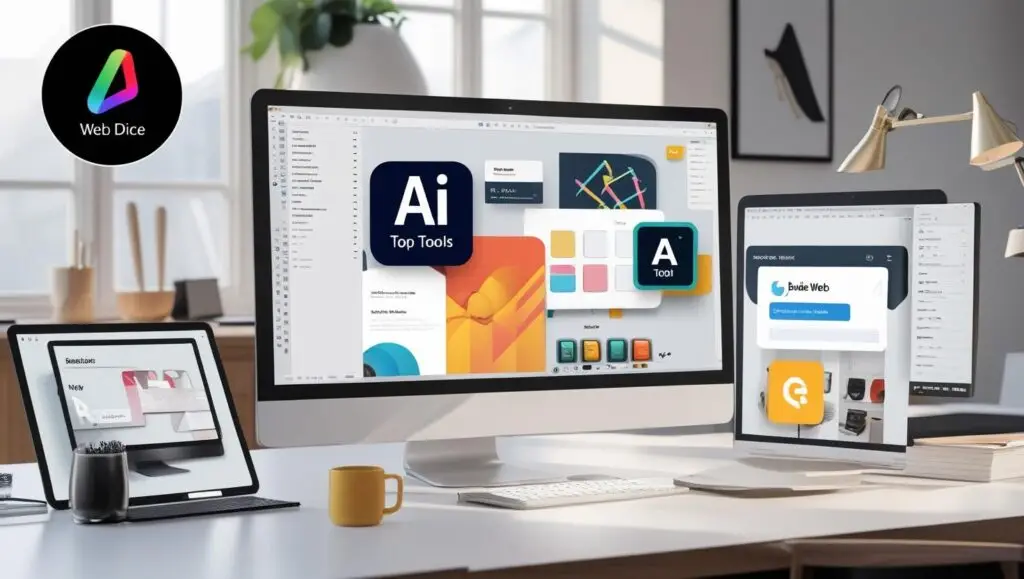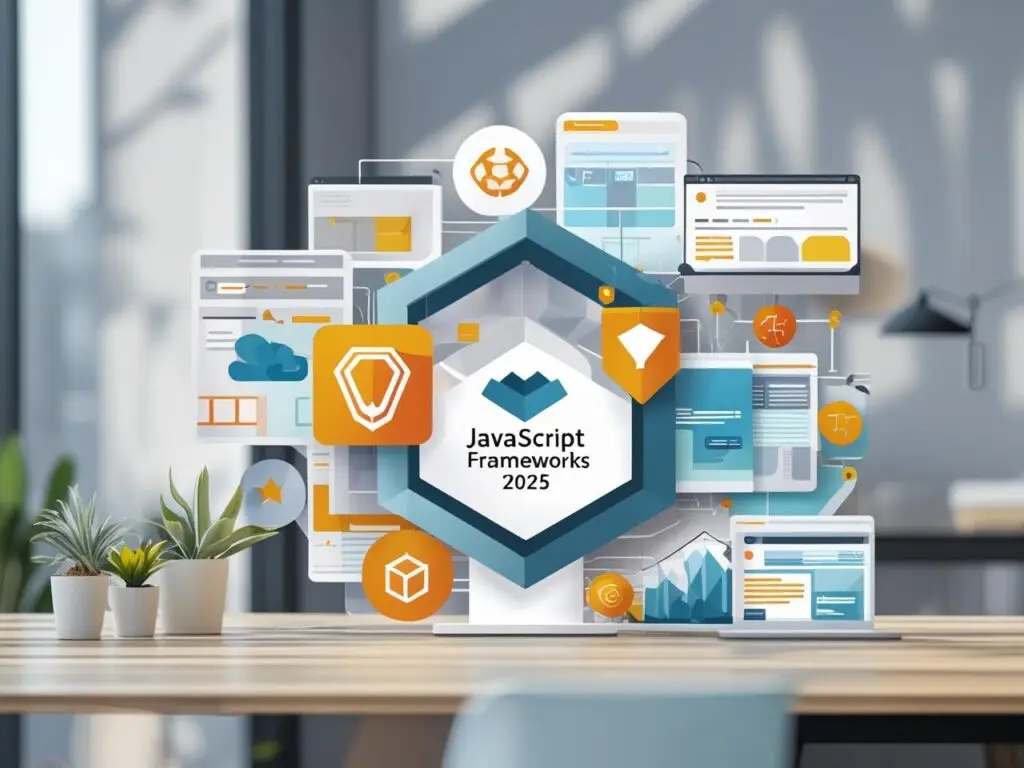Top AI Tools for Web Design Beginners in 2025
Top AI Tools for Web Design Beginners in 2025 In 2025, creating a professional website doesn’t require coding expertise, thanks to AI-powered tools that simplify the design process for beginners. These tools enable small business owners, freelancers, and entrepreneurs to build stunning, functional websites with minimal effort. This article reviews the top AI tools for web design beginners in 2025, focusing on platforms like Wix ADI and Framer, which offer intuitive interfaces, automated design, and responsive layouts. Perfect for those new to web design, these tools help you create professional websites quickly and affordably. Why AI Tools for Web Design Beginners? AI web design tools use artificial intelligence to automate tasks like layout creation, content generation, and SEO optimization. For beginners, they offer: Below, we explore five top AI tools tailored for beginners, with a focus on Wix ADI and Framer, alongside other standout options. 1. Wix ADI: Instant, User-Friendly Website Creation Overview: Wix ADI (Artificial Design Intelligence), launched in 2016, is a pioneer in AI website building. It creates fully functional websites by asking users a few questions about their business and preferences. Why It’s Great for Beginners: Use Case: Ideal for a Jamaican bakery needing a quick online menu and order system with minimal setup. Drawbacks: AI-generated designs may feel generic, and transferring sites to other platforms can be challenging due to vendor lock-in. Example: To create a homepage with Wix ADI: 2. Framer: Creative Design with AI Assistance Overview: Framer is an AI-powered design tool that transforms text prompts into interactive, responsive websites. It’s ideal for beginners who want creative control without coding. Why It’s Great for Beginners: Use Case: Perfect for freelancers creating a portfolio with dynamic elements, like a Jamaican graphic designer showcasing their work. Drawbacks: Limited pre-made templates and a steeper learning curve compared to Wix ADI. Example: A Framer AI-generated hero section: 3. Hostinger AI Website Builder: Affordable All-in-One Solution Overview: Hostinger’s AI builder combines web hosting with AI-driven design tools, offering a budget-friendly option for beginners. Why It’s Great for Beginners: Use Case: Great for a Jamaican small business needing a fast, SEO-friendly site with hosting included, like a local tour operator. Drawbacks: AI output can be basic, requiring manual tweaks for unique designs. Example: A Hostinger AI-generated product section: 4. Squarespace Blueprint AI: Polished and Simple Overview: Squarespace’s Blueprint AI creates stylish websites through a guided, five-step process, perfect for beginners seeking elegant designs. Why It’s Great for Beginners: Use Case: Suits a Jamaican photographer needing a visually appealing portfolio with minimal effort. Drawbacks: Limited AI features compared to Wix, and no AI image generator. Example: A Squarespace AI-generated about section: 5. Uizard: From Sketches to Websites Overview: Uizard uses AI to transform sketches or text prompts into digital designs, making it ideal for beginners prototyping ideas. Why It’s Great for Beginners: Use Case: Ideal for a Jamaican startup sketching a website concept for a new product launch. Drawbacks: Designs may lack visual intricacy, and templates require upgrades for full use. Example: A Uizard-generated call-to-action: Choosing the Right AI Tool for Your Needs When selecting an AI tool, consider: Tips for Success with AI Web Design Tools Conclusion In 2025, AI tools like Wix ADI, Framer, Hostinger AI, Squarespace Blueprint AI, and Uizard empower beginners to create professional websites with minimal coding. Wix ADI leads for its simplicity and robust features, while Framer offers creative freedom for interactive designs. Hostinger is a budget-friendly all-in-one solution, Squarespace delivers polished templates, and Uizard excels for prototyping. By choosing the right tool and customizing it to your brand, whether for a Jamaican small business or a global venture, you can build a mobile-friendly, SEO-optimized website that stands out. Start designing today with these beginner-friendly AI tools at GeniusWebDesigns.com! Read more… 7 Steps to Build a Secure Website That Hackers Can’t Touch Best JavaScript Frameworks for Small Business Websites in 2025 Why Your Business Needs Custom Web Design Now


